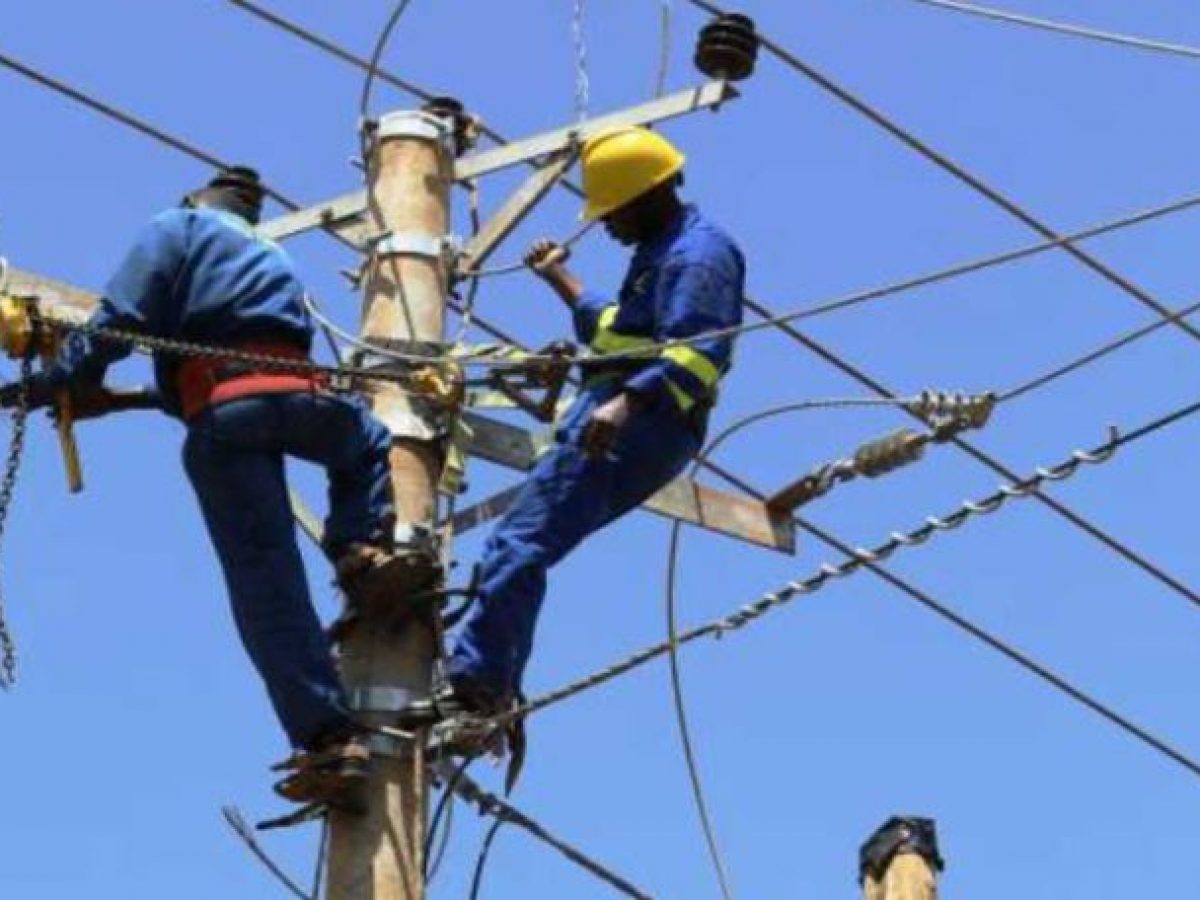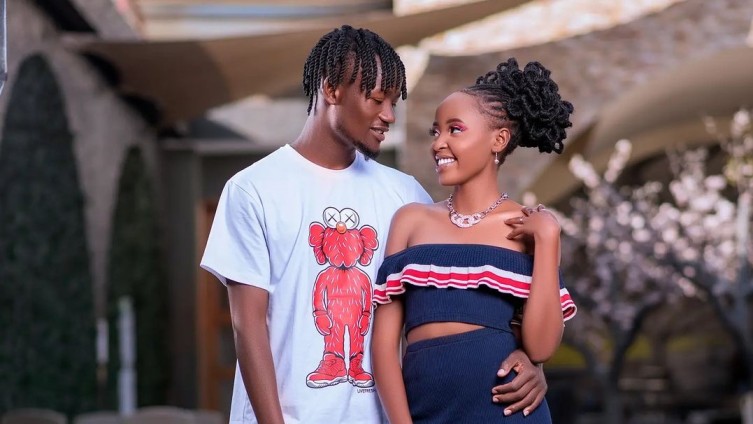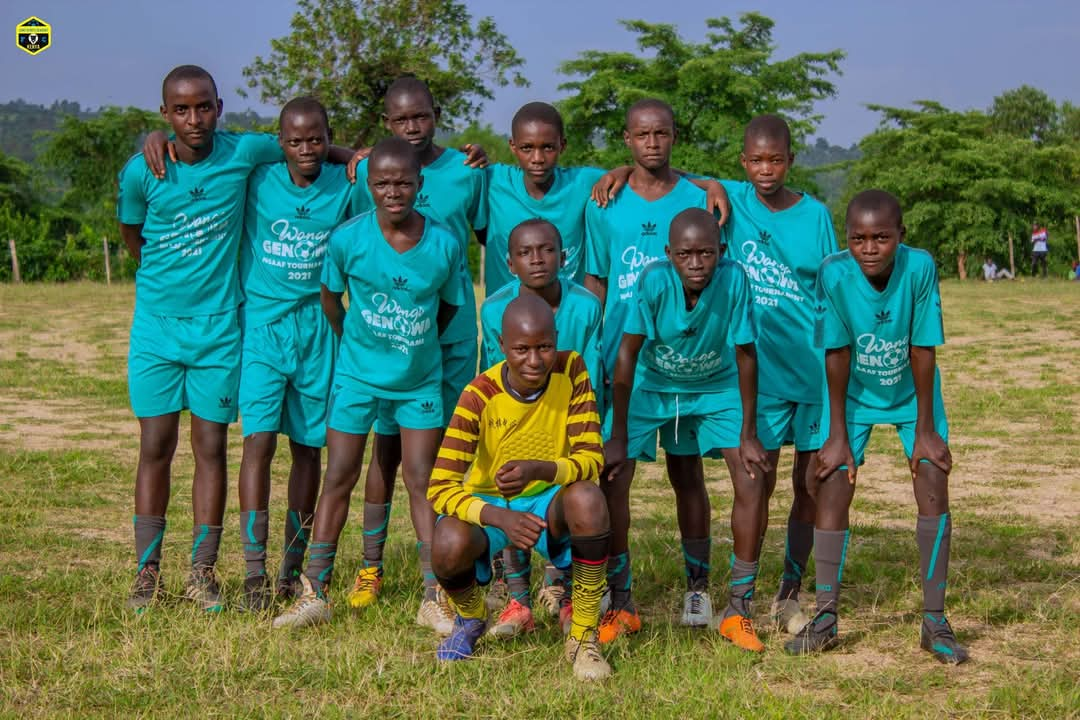About the black and white photo challenge, and why you shouldn’t break the #ChallengeAccepted trend
The black and white photo challenge has taken up significant attention on social media. It’s a prompt amongst friends to post a personal photo, albeit in black and white, on Instagram and other social sites, with the caption #challengeaccepted.
Did you know it has evolved globally as a sign of women’s empowerment and is a part of a campaign called “women supporting women”?
Have you been “challenged” yet?
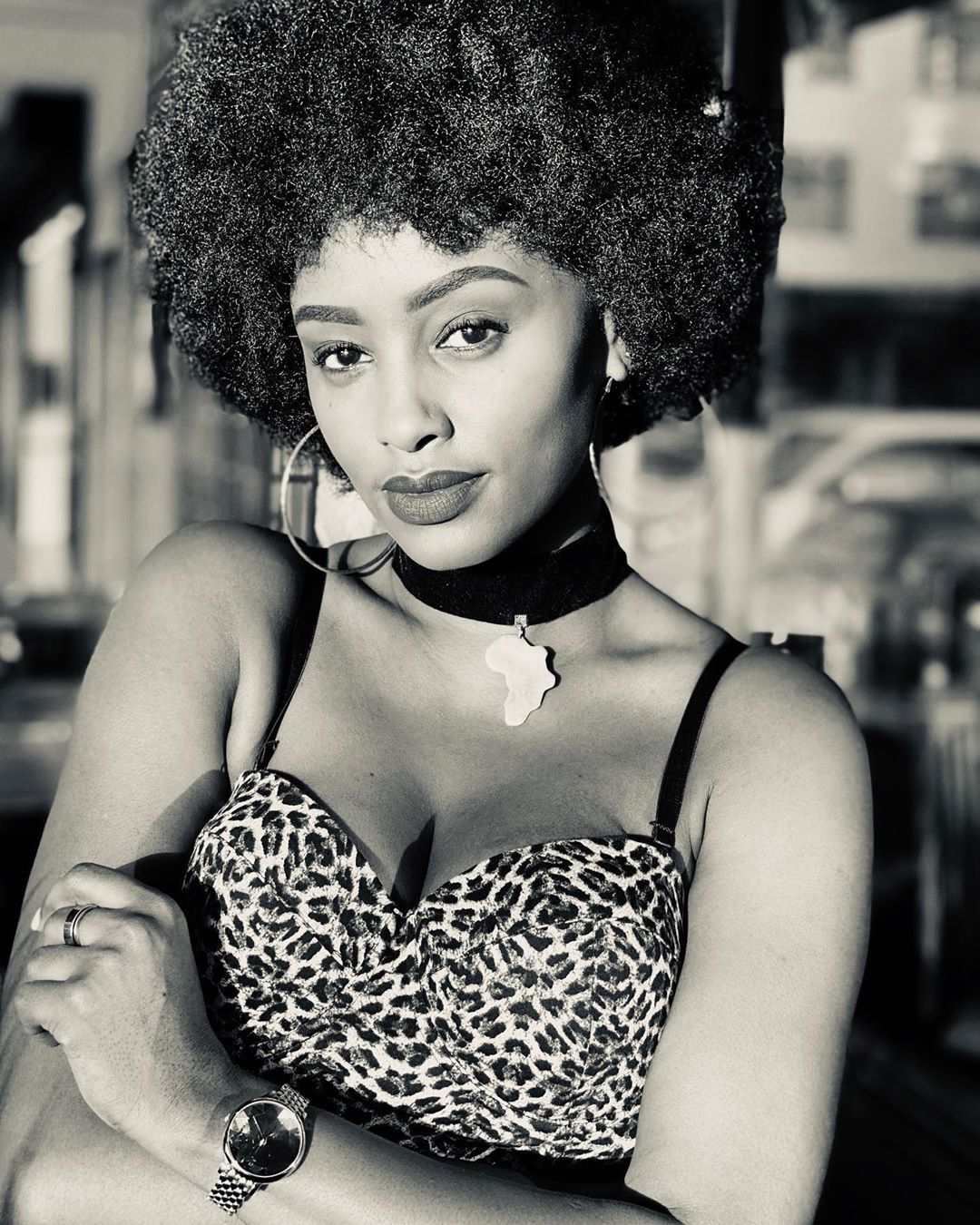
If you are a lady haven’t yet been challenged, there are chances that you will be. All it requires is to post a black and white photo with the caption “challenge accepted” and then passing the baton to the next woman. You have participated in the women empowerment campaign.
While many social media enthusiasts may do it for fun, it’s an inconsequential and valuable addition to the cause.
The origin of the challenge remains fluid, with many cites sources. The most authentic and realistic source has been tagged to women in Turkey protesting against femicide and gender-based violence. Other sources may be unrelated but have fuelled the movement, and prominent women personalities with huge following have participated.
On an abstract level, black and white colors have often been used as truth meters and morality gauges in the society. That is easily explained by the phrase “tell it to me in black and white”.
In photography, making the choice to use black and white instead has communicated an introspective seriousness, a kind of clarity of moral and artistic intent. This is partly due to the idea that facts are black and white and color is some kind of wild, luxurious distraction.
Is there any truth in that?
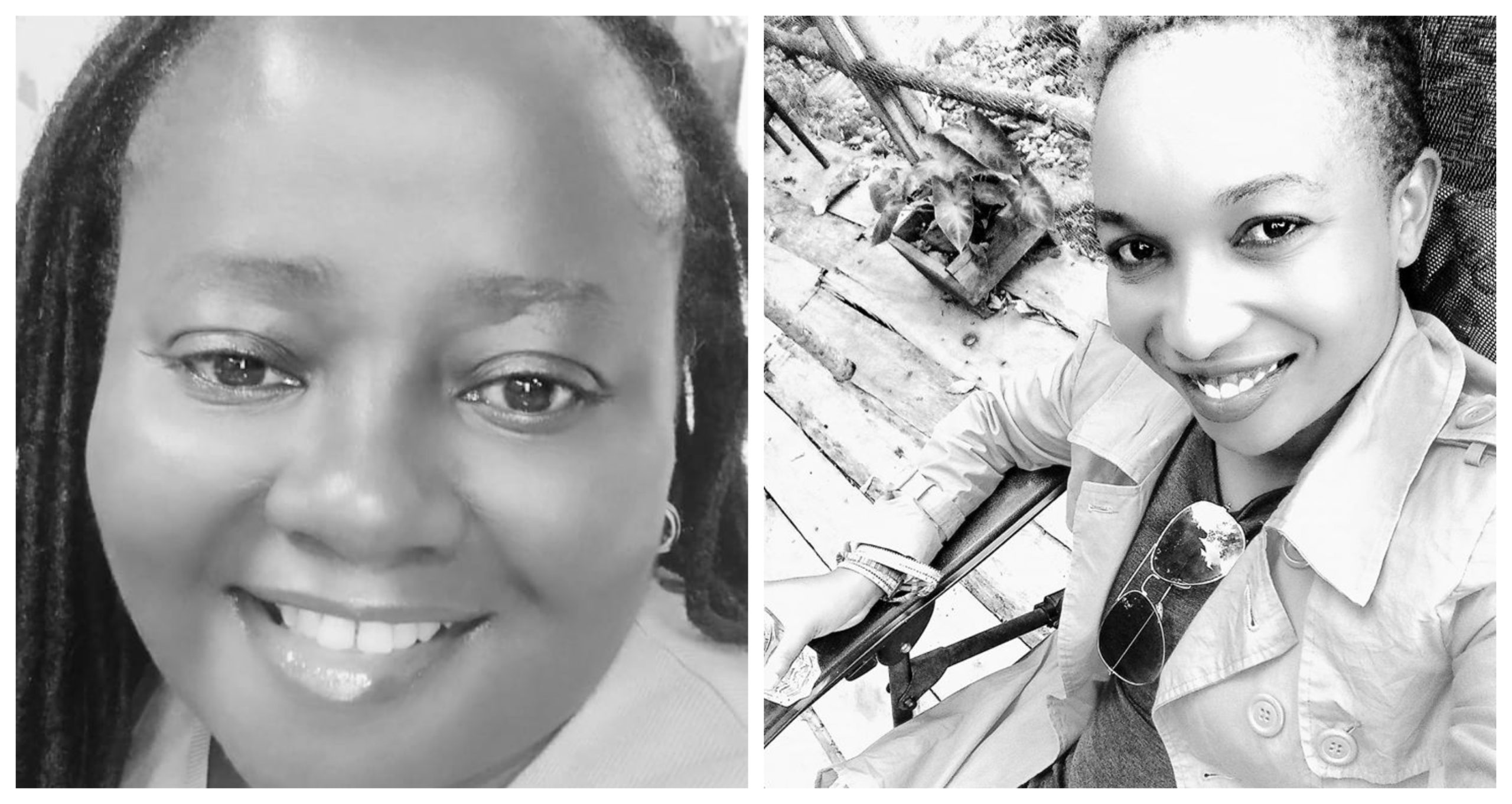
Kenyan celebrities on Instagram haven’t been left behind in the empowerment drive.
Instagram tags the challenge as “meant to celebrate strength, spread love, and remind all women that supporting each other is everything.”
Just to name a few: Yvonne Okwara. Jacquie Maribe. Michelle Ntalami. Avril. Sage. Mayonde.
Wherever the origin of the challenge, it’s a big motivation for the women and a reason to support each other. It’s a ‘feel-good’, power-to-the-women feeling that sheds light to atrocities meted upon the gender mostly for being female. It also sends a precedent for future generation to fight against gender abuse.
What you waiting for?
Accept the challenge, and pass it on!
#ChallengeAccepted.





